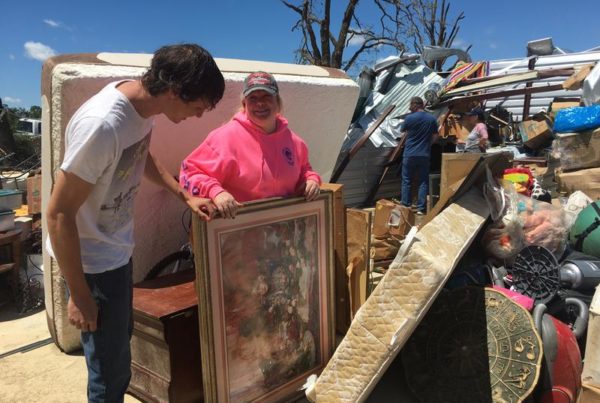Most people think of Title IX as a program that provides women equal opportunities in higher education. This is true, but the federal law is also more than that. As illustrated by recent events at Baylor University – where the law has been a rallying point for survivors of sexual assault – Title IX is at the heart of legal pushback by scores of men who say they’ve been falsely accused and want to have their names cleared.
T. Rees Shapiro, a reporter at the Washington Post says a rising number of young men who were kicked out of college for sexual misconduct are suing those schools, alleging they were treated unfairly as their cases were investigated and decided. Shapiro says many of their suits are based on the fact that sexual assault cases are tried differently from other kinds of disciplinary actions taken against students.
“What they use as the standard for evidence in these procedures on college campuses [is] known as the preponderance of evidence standard,” Shapiro says.
This standard of evidence is a 50.01 percent standard for being found responsible for a case of sexual assault – lower than what would be required in a court case.
“A lot of the cases they say, ‘look, you know that’s not a very high bar to pass for … decisions that can have life-altering implications,’” Shapiro says.
While male students are making these claims, Shapiro says it’s critical to keep in mind that many of their cases never see the light of day.
“The universities tend to want to settle because they don’t want to open their books, and that sort of speaks a lot to the transparency of how these colleges should be working,” Shapiro says.
Shapiro says the important thing to remember about these types of cases is that they’re difficult on both sides.
“I think that we’d all agree that as life-altering as these adjudication processes can [be] on both sides, for young women and for young men,” Shapiro says, “I think that we’d all hope that administrations [have] begun to act [with] a little bit more transparency and fairness. That said, there needs to be a way for young women to come forward.”
Written by Morgan O’Hanlon.
















